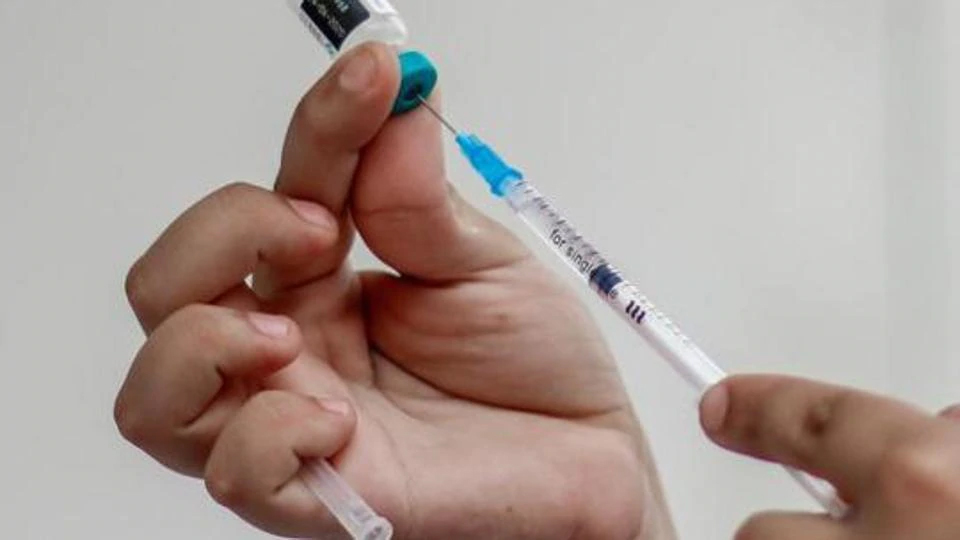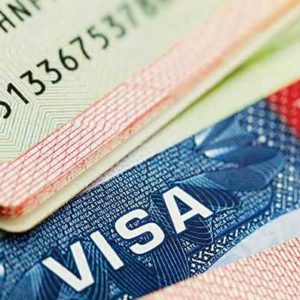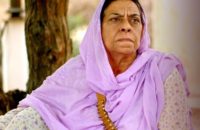The world’s first malaria vaccine has been rolled out in Malawi to protect 360,000 children under two in Malawi, Kenya and Ghana in Sub-Saharan Africa from the mosquito-borne disease that causes 435,000 people global deaths each year.
The RTS,S/AS01 (trade name Mosquirix) is an injectible recombinant protein-based vaccine acts against P. falciparum, the most prevalent malaria strain in Africa. The vaccine prevents four in 10 cases of malaria in children who received four doses over a four-year period, according to the World Health Organisation (WHO). The WHO welcomed the pilot programme by the government of Malawi.
Children under five years are at the greatest risk of death, with at least 250,000 children dying of the disease in Africa each year.
With India reducing malaria cases by 24% in 2017 over the previous year using conventional methods, such as to “test-treat-track” all cases and distributing free insecticide-treated bed nets in endemic areas, the vaccine is unlikely to be made part of India’s public health programme, say experts.
In the sharpest global reduction in malaria in a year, cases India fell from 1,087,285 cases in 2016 to 844,558 in 2017, according to the World Malaria Report 2018.
“Defeating malaria demands high-impact country-led and owned approaches,” said Dr Poonam Khetrapal Singh, WHO regional director for South-East Asia Region (SEARO), where cases have halved in two years using conventional methods. “Between 2015 and 2017, the (SEARO) region reduced its estimated malaria caseload by 56%, from 25.5 million to 11.3 million, with cases presumed and confirmed decreasing by 25% and more than halving of deaths. Maldives and Sri Lanka remain malaria-free, while seven of the region’s nine malaria endemic countries, including India, set to have reduced case incidence by 40% by 2020,” said Khetrapal Singh.
The rest of the world, however, has not been performing as well. After a reduction in global malaria deaths by 62% and cases by 41% between 2000 and 2015, cases went up from 217 million in 2016 to 219 million in 2017, according to the World Malaria Report 2018.
With around 95% of the under-5 malaria deaths taking place in Africa, the benefits for a vaccine that protects children will be far greater there, say ministry officials.
“India has reduced malaria by scaling up a diagnostic testing, treatment and surveillance and ensuring an uninterrupted drug and diagnostics supply chain, training community workers to test all fever cases and provide medicines, and distributing medicated bed-nets for prevention. With cost-effective conventional methods working for India, the government is unlikely to invest in a vaccine as part of the public health programme,” said a health ministry official, who did not want to be named.
“India’s strategy is to wait and watch how the roll-out in the public health setting shapes up in Africa. If the learning from the Africa experience is good and the cost implications low the vaccination may mainstreamed in few years. It will anyway take two to three years can go to scale, by when several states in India would have anyway eliminated the disease,” said Pratik Kumar, country director, Malaria No More, an international not-for-profit that is working closely with the state government of Odisha, which reported a 80% decline in malaria cases and deaths in 2017 over the previous year.




 Uber Cup badminton: India’s young women’s squad beats Canada 4-1
Uber Cup badminton: India’s young women’s squad beats Canada 4-1




























